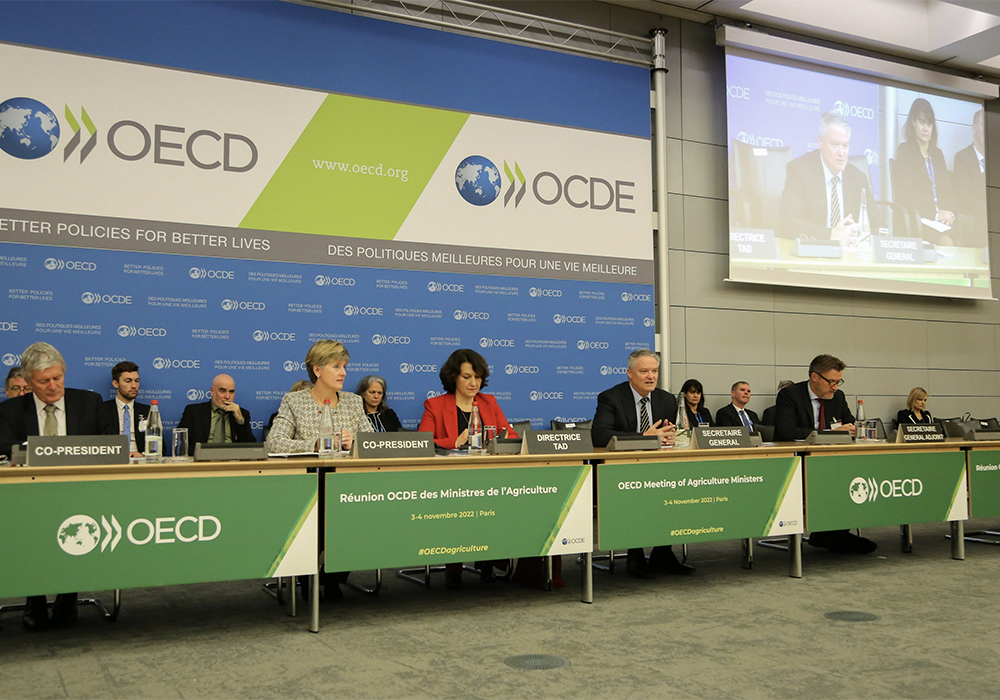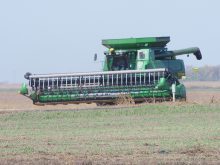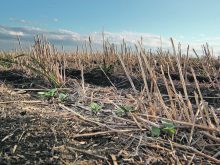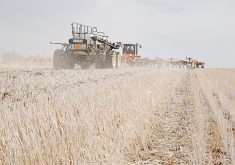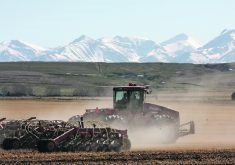Agriculture ministers from member countries of the Organisation for Economic Co-operation and Development agreed earlier this month to a vision to transform agriculture and food systems to be more resilient and sustainable.
The Paris meeting of the OECD, co-chaired by Canadian Agriculture Minister Marie-Claude Bibeau and New Zealand minister Damien O’Connor, was the first for the organization’s Committee for Agriculture since 2016.
About 50 country representatives adopted the Declaration on Transformative Solutions for Sustainable Agriculture and Food Systems, which calls on the signatories “to develop and implement coherent whole-of-government policy packages, promote inclusive processes, increase investment in research and development and infrastructure, enhance research collaboration and knowledge sharing, strengthen international co-operation, strengthen the contribution of trade to agriculture and food systems transformation and develop measures for local, nation and global food systems.”
Read Also

Canadian Food Inspection Agency red tape changes a first step: agriculture
Farm groups say they’re happy to see action on Canada’s federal regulatory red tape, but there’s still a lot of streamlining left to be done
In a statement, the co-chairs said a food systems approach is required to address the challenges of providing safe, sufficient and nutritious food for 10 billion people by 2050, the sector’s environmental challenges and to provide livelihoods throughout the food chain, including to more than 600 million farmers.
The ministers said the OECD can support countries’ efforts to better understand synergies and trade-offs, recognizing that there will be different ways to reach common objectives.
They called on the OECD to build more co-operation among stakeholders and act to measure the sector’s progress toward environment sustainability through developing common metrics, data and analysis to measure country progress, analyze agricultural policies, and better monitor risks.
“It was recognized that the agricultural sector needs to do more with less, and sustainable productivity growth has to increase significantly,” the statement said. “Average global agricultural productivity will need to increase by 28 percent over the next decade — more than triple the increase recorded in the last decade — in order to achieve the zero hunger target while simultaneously keeping agricultural emissions on track to reach the Paris Agreement targets.”
Representatives also recognized that over the past 20 years, farmers have doubled the value of production while stabilizing greenhouse gas emissions, meaning emissions per dollar of gross domestic product generated has dropped by half.
The meeting also addressed labour challenges and inclusion.
While OECD has been instructed to work on these and other topics, the ministers aren’t likely to meet again until the first quarter of 2029.


